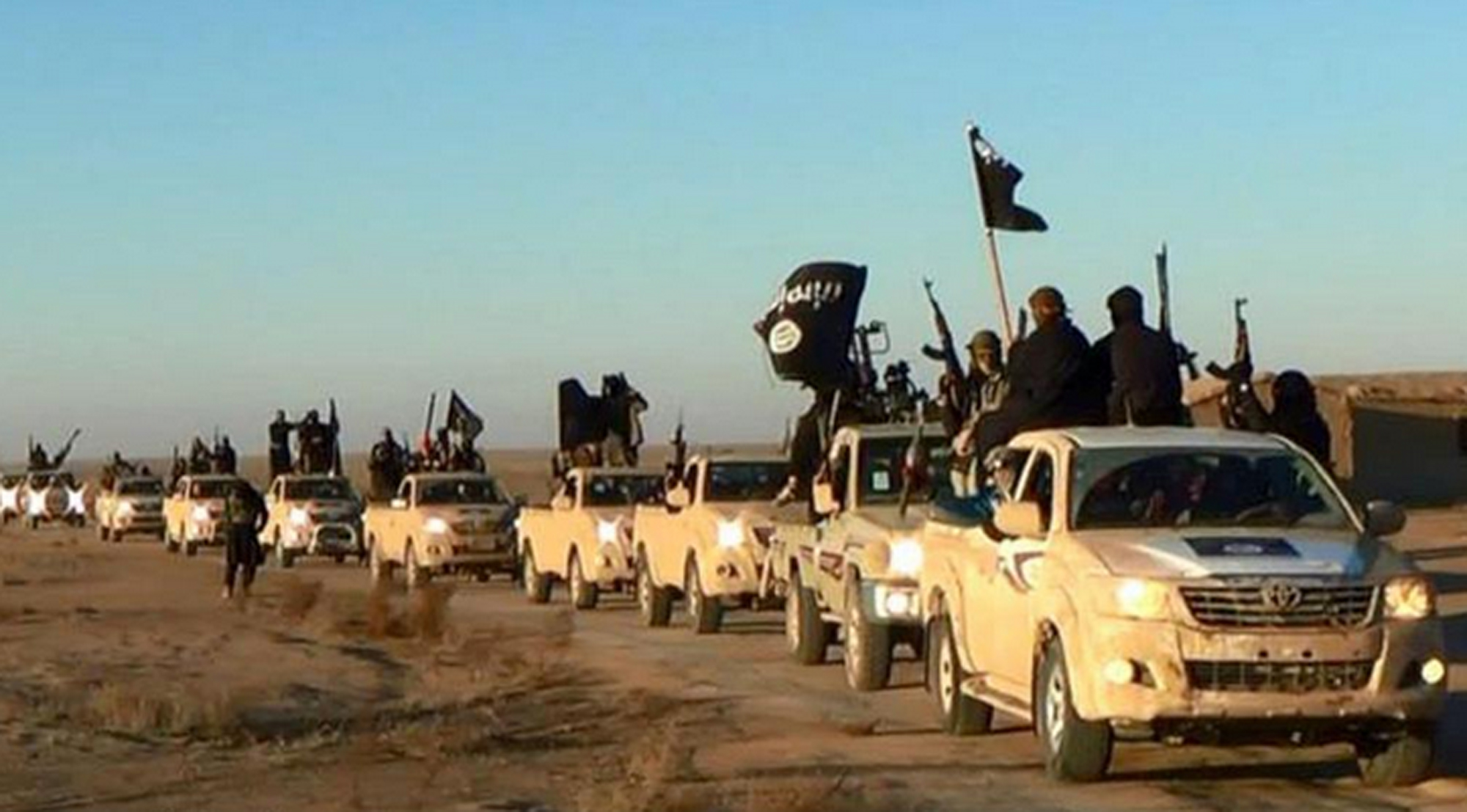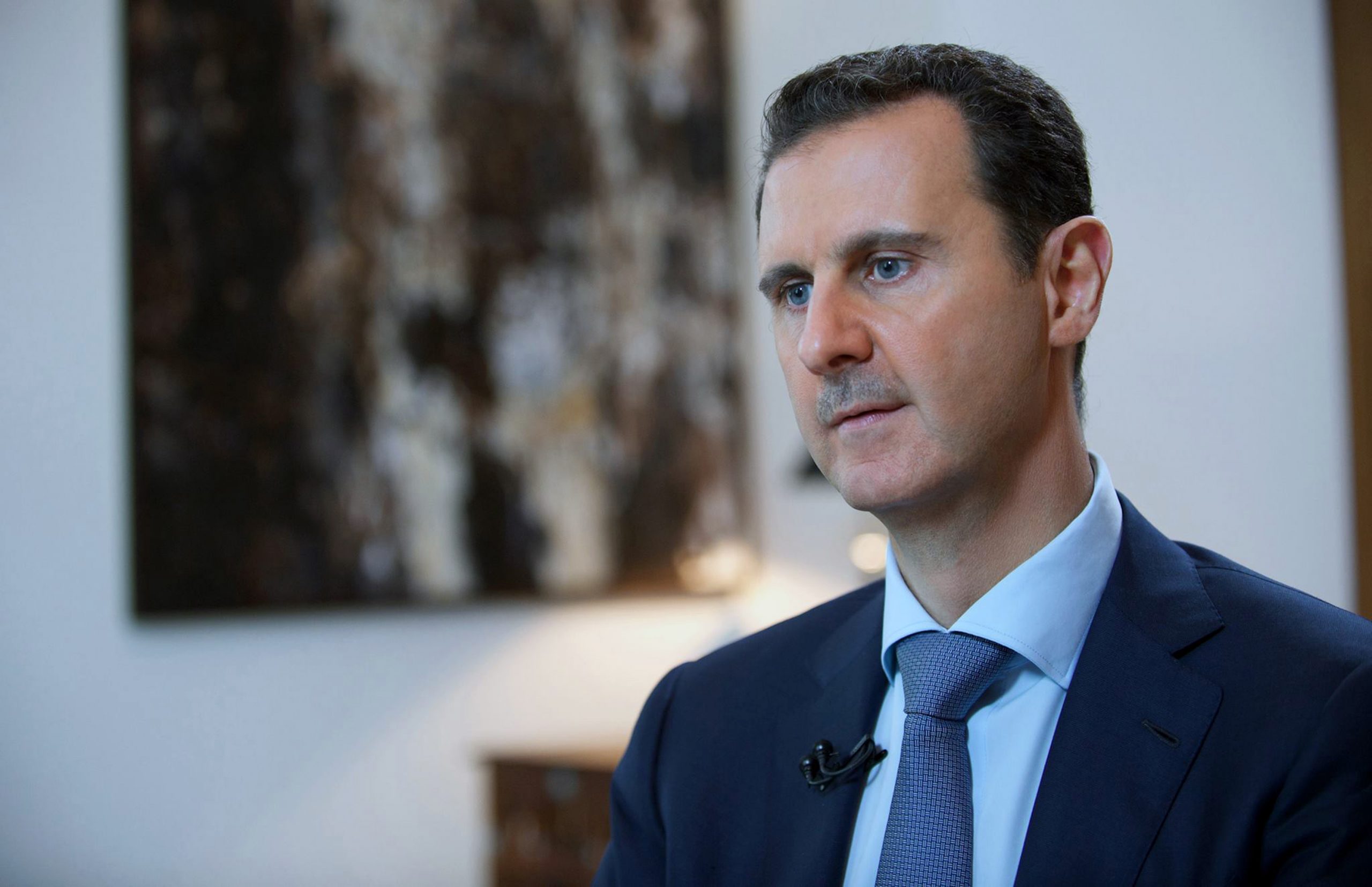Rep. Robert Pittenger, R-N.C., is vice chairman of the House Financial Services Committee’s Task Force on Terrorism Financing, which has been investigating ways of improving U.S. efforts to choke off the flow of money to international terrorist groups.
It’s a huge problem, part of what’s estimated to be a global flow of $600 billion to $1.5 trillion in laundering of illicit funds worldwide, and one that many experts expect will get worse once Iranian banks sanctioned for engaging in the practice are brought back into the international financial system as a result of the July 14 nuclear deal.
During the August congressional recess, Pittenger, along with task force Chairman Michael Fitzpatrick, R-Pa., and Rep. Gregory Meeks, D-N.Y., traveled to Europe and the Middle East to discuss concerns about terrorism financing with U.S. allies in the region.
Washington Examiner: What did you learn from your trip to Europe and the Middle East?
Pittenger: I think what we understand and clearly recognize is the challenges before us in tracking and intercepting the money going into the international financial system. Now we have through [the Financial Crimes Enforcement Network], part of Treasury, enormous, technological and sophisticated software that enables us to work with the financial system and work with our other agencies, like the Border Patrol, to identify these funds and these individuals.
But clearly the monies come oftentimes through the U.S., they want American dollars. Ninety percent of the dollars that come into the U.S. are traced through just four major banking institutions: Bank of America, Wells Fargo, Citi and J.P. Morgan Chase. We have met with them collectively about our concern.

Bank of America’s headquarters are shown in Charlotte, N.C. (AP Photo)
So we wanted to first sit down with FATF, the Financial Action Task Force, in Paris. The FATF is responsible for managing the group of committed countries — 36 countries — who are committed to 40 principles, 40 objectives to try to fulfill those commitments and obligations to track the financing.
And some of them respond at different levels. Part of that is the result of them not having the technology, but the other part is willingness. For example, we were in Turkey, and met with Turkish officials, probably eight of them, together, for a couple of hours. They weren’t dismissive, but they were … the meeting was very disappointing. They did everything that they could to avoid answers. They’re getting more engaged with us, but they have their own issues with the PKK [Kurdistan Workers’ Party] over there and they’re not as committed or focused on ISIS [the Islamic State] as we are.
So countries are at different levels in terms of their commitments. The Kuwaitis were fully open for the committee. Qatar, they play both sides. This is my third trip to Qatar and I met with the emir two other times — he wasn’t in the country this time.
Their struggle — like the UAE and Egypt — various heads of state I’ve met with, they see America without a vision, without a goal. And it’s disconcerting to them. They don’t know where we’re going and what we’re doing. So they have difficulty in following us. So giving wholehearted support in the financing component, as well, they’re somewhat ambivalent. Because they play both sides. We have a huge base there in Qatar, a very important base, but at the same time they’ve supported al-Qaeda forces in Syria.
All of these countries want [Syrian President Bashar Assad] out and they’re frustrated that we will not be on that same team. And they will be more with us if we were more committed to taking on Assad.
So I think it clearly shows how far we still have to go in tracking the money. The money’s the key. They need money to operate, and run a caliphate, in governing a city and to supply services to the people. They need money to fight a war. They need money to pay their service people.
It costs money for ISIS to operate, so our ability to intercept the money becomes clearly our best asset.
Now, out of this Iranian deal, your concerns will be exponentially more grave. There’s over $100 billion that will be released in repatriated oil profits to Iran. While they have commitments out to 50 million people and their families — an enormous amount of financial requirements that they should assume — they only have a $400 billion [gross domestic product], so you really can’t bring $100 billion into the economy either.
What have they done with the money we’ve given them in the past? As a precondition to negotiations they were given $700 million a month for 16 months. We’ve given $12 billion just to come to the table.
Examiner: They’ll be free to sell oil too, won’t they? We’re not just talking about the frozen assets.
Pittenger: They’ll still have the capacity from that point on to sell their oil. It’s a lot of money.
I think what we do is look in the past at what they’ve done. You can see their footprint in Lebanon, you can see their footprint in Syria, see their footprint in Iraq, and Yemen and Latin America. So I think what we’re going to find out is we’re enabling Iran to have substantially more resources to support Hezbollah and other forces.
Clearly there are other issues related to what happened with this agreement, but the funding, financing that’s going to come out of this agreement is of great concern to me.

Islamic State militants hold up their weapons and wave flags as they ride in a convoy through Raqqa city in Syria on a road leading to Iraq. (AP Photo)
Examiner: As you said in the past, some of these countries like Qatar played a double game. Did you detect any change in their attitude toward terrorist financing because of the Iran deal?
Pittenger: Obviously all the countries are deeply concerned about the deal. They may not give public witness because they don’t want to come out in major opposition against the president of the United States.
But there’s not one of them that I ever talked to who felt comfortable about Iran. They know Iran better than we do and they don’t trust Iran. They know a zebra doesn’t change his stripes.
They all say the same statement: “We need to be working with Israel and the United States to defeat Islamic terrorism.” And that’s pretty profound.
So it’s a different world today, and the mark of terrorism has changed the course of everything.
So I think yes we will see some assistance out of them, but where there’s not a clear vision and there’s not a clear understanding … If you don’t mind me I’m going to compare that to Ronald Reagan. The world knew where Ronald Reagan stood. He set out and told who he aligned with and who the evil empires were.
That’s not true today. We’re very ambivalent. And that’s not going to lend toward countries being willing to line up with us.
Examiner: What do they want from America?
Pittenger: I think they want leadership. I think they want a clear salient call, that says, “This is the path that we need to be going, and we need to put a real commitment and our feet to it.”
They didn’t see evidence of that in Syria, they didn’t see evidence of that in the negotiations with Iran. We gave up concession after concession with Iran, and as a result of that here we are with this very weak agreement that has secret deals and has self-inspections — they think it’s bizarre that we would be coming to that point.
They don’t feel comfortable because they don’t know where America’s going to be tomorrow.
Every signal we’ve sent to the world is we’re pulling back … so I think the world takes note. And as a result of what they observe, they become more provocative. You see that with China, you see that with Russia, you see that with the Iranians.
The Iranians got everything they wanted — totally transformed the original agreement. And I think that’s the threat that we have with these terrorists. They don’t see us as fully committed.
I think we have parts of our government that have seemed to work well, but we’re still somewhat dysfunctional [in fighting terrorism financing effectively].
Examiner: There are indications that a lot of Arab governments looking for a counterweight to Iran may be willing to look the other way at Sunni extremist movements. Did you get any sense of that in your talks?
Pittenger: I don’t think that they’re favoring any of the other strains of extremism at all. I do think they recognize that Iran wants to replace ISIS as the caliphate. That’s clear to them. None of them wants to see Iran in power.
I think if Israel does what it thinks it needs to do, they’ll turn the other cheek.

Syrian President Bashar Assad (AP Photo)
Examiner: If the Iran deal does go through as planned, what’s the plan for keeping delisted Iranian banks in line and preventing them from continuing?
Pittenger: Forty-six banks. Forty-six banks will have SWIFT authorization. [SWIFT, the Society for Worldwide Interbank Financial Telecommunication, is a secure international clearinghouse for financial transactions.]
They are by law, by this agreement, they’re supposed to not be transferring funds for terrorist objectives. Now when have the Iranians ever kept an agreement?
They say the sanctions will be reimposed again. How do you really rekindle sanctions at this point? The Russians, the Chinese and even the Europeans will not be willing to go back and reimplement the sanctions.
I think we’re a lion with no teeth, and they’re going to be able to continue in a manner to utilize those funds through those 46 banks, and be authorized through the international financial system.
There are so many complicit other financial institutions in other countries and smaller countries in which they can move this money around.
Tracking this money is just an enormous challenge and this will just compound everything.
